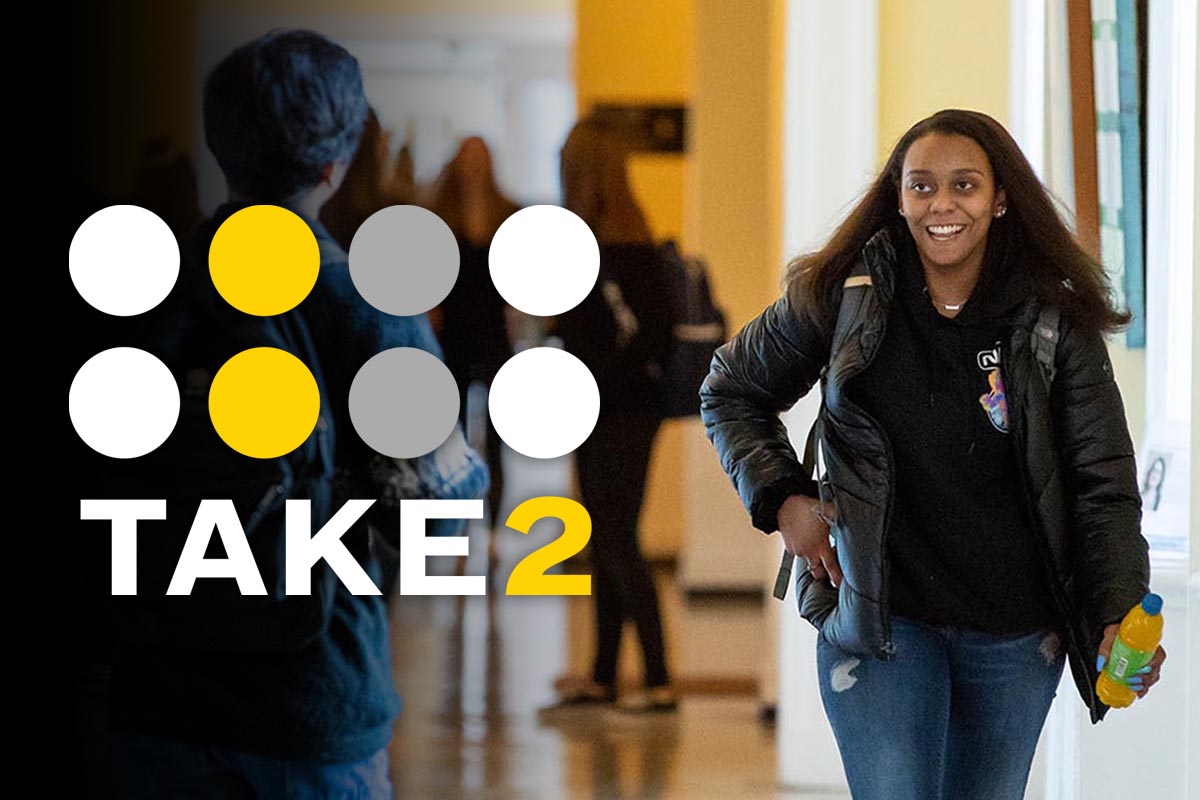American Culture students presenting Reproductive Justice Symposium in April

Author Dorothy Roberts, who is the symposium’s keynote speaker.
Chantel Spinner ’22 has long been interested in the reproductive justice movement without even realizing it.
“I didn’t know the term,” she said. “When I learned what the foundation of the movement was, I realized how in tune I was with those things. I just didn’t know they were under this large umbrella.”
Created by women of color and indigenous women in the 1990s, the reproductive justice movement draws attention to unlawful controls placed on minority women’s bodies and how they experience reproductive health discrimination differently than white women.
Spinner and her classmates have been studying the topic this semester as part of the College’s American Culture Program, which is focusing on the history of reproductive justice and the politics of eugenics over the next two years.
Because of the pandemic, the traditional program was replaced by a practicum taught by Ainsworth Visiting Professor of American Culture Justina Licata.
Next month, Licata and her students will host a virtual Reproductive Justice Symposium. Set for April 7 and 8, it will include a talk by keynote speaker Dorothy Roberts, author of Killing the Black Body: Race, Reproduction, and the Meaning of Liberty; a screening of Belly of the Beast, a 2020 documentary looking at illegal sterilizations in women’s prisons; and a series of student-led panels (see the full schedule below).
They’ve been reading Roberts’s book and brainstorming ideas for the symposium since the semester began.
“We really hit the ground running,” said Jacqueline Clardy-Josephs ’23. “The book is giving context to what we’re doing and strengthening the panels.”
For Spinner, majoring in sociology, the course has been life-changing.
“Dorothy Roberts is so good at explaining how we can take things happening today and link them to the past,” she said. “She gives you the words to say, ‘Here is an example of how reproductive justice was needed and is needed now.’”
Tomi McGinnis ’23, who is majoring in history and museum and heritage studies, has found connections between the practicum topics and an internship she’s doing with John d’Entremont, Randolph’s Theodore H. Jack Professor of History.
Their work introduced her to the concept of paper genocide, the systematic destruction of Native American Indian culture, language, and identity by reclassifying people into non-Native racial groups on government records.
It’s a topic McGinnis will now lead a panel about during the symposium.
“It’s been incredible to have all these things weaving together,” McGinnis said. “This is how activism happens. This is how you really learn and get these hands-on experiences. I can’t imagine this opportunity being available to me at another school.”
Reproductive Justice Symposium
Wednesday, April 7
2-3:15 p.m.: Student panel featuring Chantel Spinner ’22, Jacqueline Clardy-Josephs ’23, Tomi McGinnis ’23, and Andi Curtis ’23 presenting their own research
4-5:15 p.m.: Birth Work/Birthing Justice Panel, led by Clardy-Josephs
6:30-8:30 p.m.: Belly of the Beast screening, with a post-film discussion at 7:50 p.m.
Thursday, April 8
1-2:15 p.m.: Paper Genocide Panel, led by McGinnis
4:30-5:45: Abortion Access Panel, led by Spinner
7-8 p.m.: Keynote address by Dorothy Roberts
To register, visit https://rcamericancultureprogram.wordpress.com.
Tags: American Culture, American Culture Program, events, Reproductive Justice, virtual event
